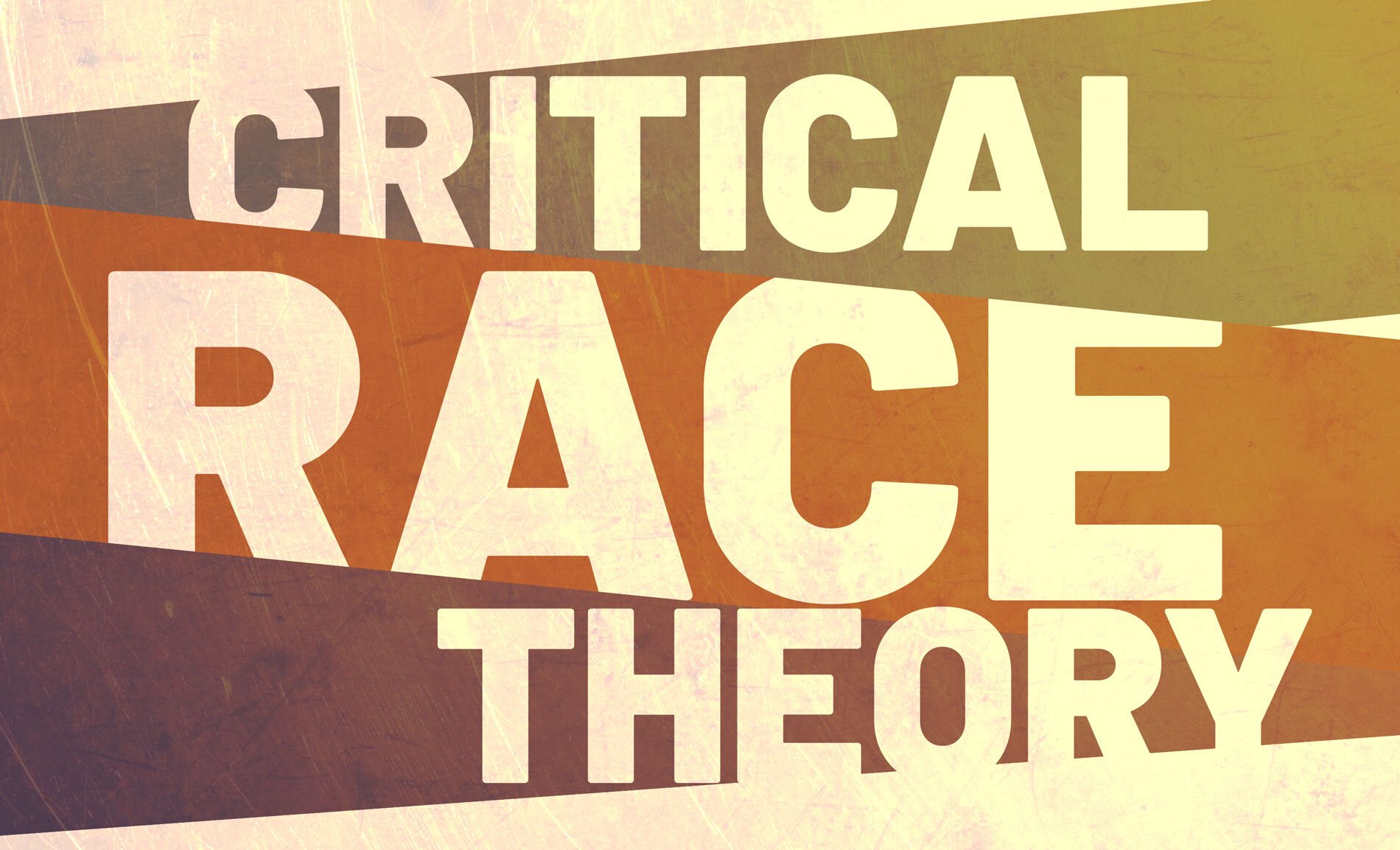Written By Anu Gupta
Let’s Talk about Critical Race Theory
My students, from all political persuasions, geographies, and backgrounds, repeatedly share with me that, “I wish I learned this in grade school.”

If you’ve paid attention to the news lately, you may have heard an uproar about something called critical race theory, and whether or not it should be taught in public schools. Fox News mentioned critical race theory nearly 2,000 times in three and a half months, according to a study by Media Matters for America.
And as of June, at least 21 states have banned or introduced laws banning critical race theory from being taught in public schools.
What is critical race theory, then? Critical race theory, also known as CRT, originated in legal academia; it is rarely taught in K-12 schools. It’s the concept of examining our history, sociology, politics, and other topics through the lens of race. Many politicians and leaders are using the jargon-laden term “critical race theory” to fearmonger and stoke panic that kids are being taught radical ideas about race in schools.
I ask, how are we going to make progress on healing our nation if we do not talk about race? This debate is coming from the push for educators to teach accurate, age-appropriate content about the history of race in our country, focusing on topics like how our nation’s caste system has continued to dehumanize and overlook the experiences of people who were and continued to be deemed “non-white.”
As an educator myself, my very accomplished students within my Breaking Racial Bias course repeatedly share with me that “I wish I learned this in grade school.”
Call it what would be politically appropriate, but I know - having shared what I have studied and researched with over 20,000 Americans of all political beliefs - what we need in public schools is more education about our country’s legacy of racism, not less.
I attended New York University for law school and took CRT coursework with Derrick Bell, the lawyer who coined the term “critical race theory.”
Prof. Bell was one of the kindest men I’d ever encountered, beloved by the students and faculty alike.
A soft-spoken man, he used storytelling to help people see obvious realities in our nation: the division between people and the injustice and double standards perpetuated by systemic racism, often reinforced by the law, because of the way people were classified and categorized in society.
I learned a great deal from Prof. Bell, but there was one thing he and I disagreed upon: his idea that racism is permanent.
I understood Dr. Bell's theoretical perspective; he coined the concept of “interest convergence,” which posits that Black people will only reach true equality in America when their interests converge with those of white people. As an exceptionally brilliant Black man in America, Dr. Bell had confronted numerous roadblocks based on what people consciously and unconsciously believed about him, including at prestigious institutions like the Civil Rights Division of the Department of Justice and at Harvard Law School. I sincerely believe that these experiences shaped his theories and that he saw them repeat over and over again.
However, I prefer to look at what’s ahead for human history, and the incredible potential for collaboration and connection we all hold.
I believe that interest convergence is possible in our time: that if enough people, both white people and people of color, felt connected to the terrible consequences of white supremacy, systemic racism, and our caste system, that we could usher in the change to eradicate race-based inequities and injustices.
And how will that connection begin to happen? You guessed it: greater education.
Running away from our national legacy of white supremacy will not end racism. Instead, we need to face it head-on as a community: to reckon with the many harms that racism has caused, and to commit ourselves to repair the harms of the past and doing better in the future. This includes teaching children, of all colors and backgrounds, about race and racism.
Education about the false construct of race is key in raising future generations of thoughtful, compassionate, caring people who will do their part in dismantling systemic racism once and for all.
Furthermore, we need to be aware of the fearmongering taking place in current conversations about education. The “us vs. them” mentality taking shape in these conversations is extremely dangerous and only serves to create more divisions.
Instead of looking at this problem as one political group versus another, we should think of this issue as society versus systemic racism:
all people on one team united to overcome this long-standing social ill.
Many of the conversations I had with Prof. Bell in the spring of 2011 — my last semester of law school — are what inspired and influenced me to found BE MORE. Prof. Bell passed away that same year, but I remain indebted to him for his profound impact on me and on this field. One way I will honor him and other racial equity and justice leaders is by continuing to educate those around me about why education about systemic racism matters, and
why we must lean into these conversations, not away from them, if we are going to progress as a society.
This is what we do in our Breaking Racial Bias course. If you’re interested in unpacking myths about our collective racial education with a group of passionate peers, I hope you’ll join an upcoming cohort.
